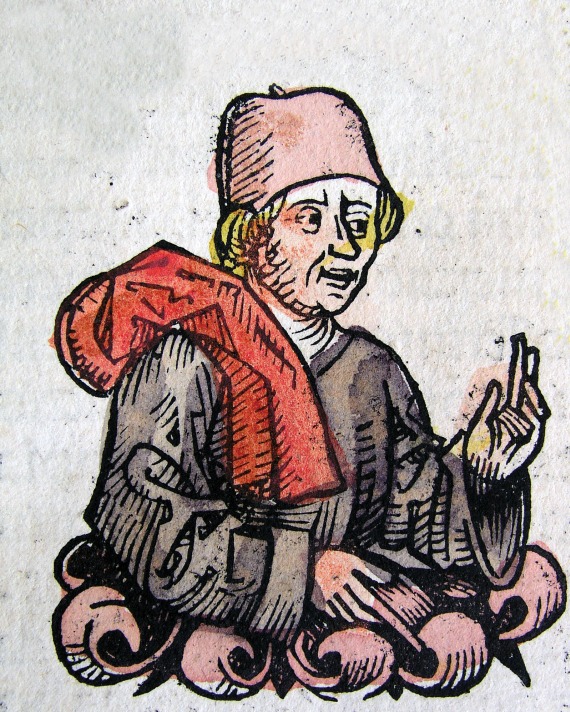
Plautus
(c. 254 BC - c. 184 BC)
The comedies of the playwright Plautus are the oldest surviving complete works of Latin literature. Adapted largely from older Greek material, they brought him financial success and a lasting reputation as one of ancient Rome’s greatest comedians.
